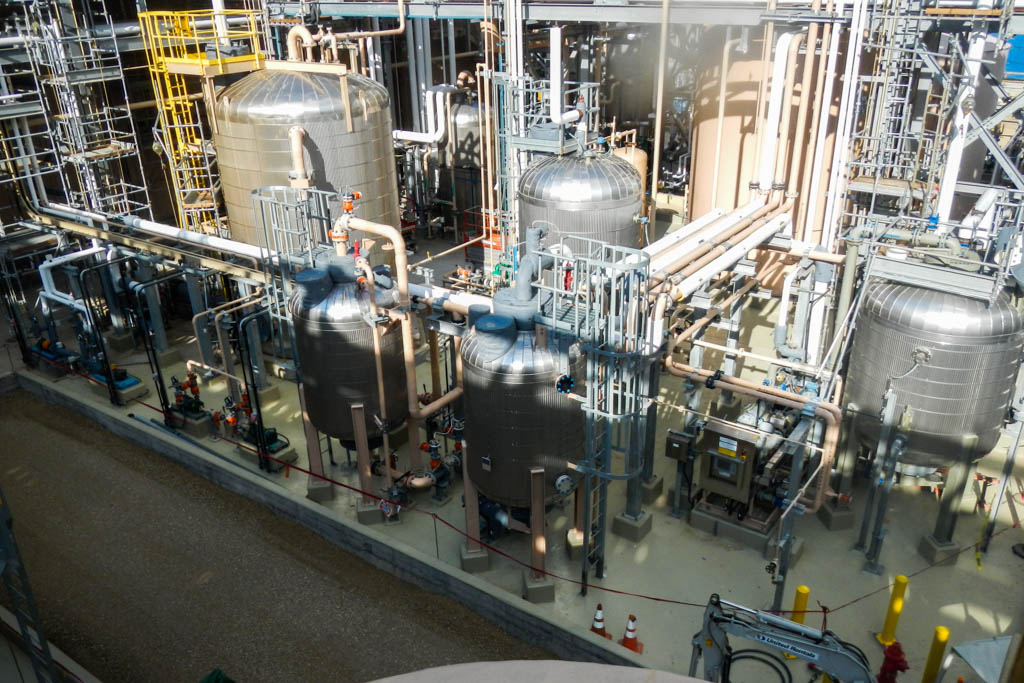Process Purification and Separation
Organic and inorganic contaminants can affect your process in various ways. Let SAMCO help you determine your separation and purification inefficiencies and help you solve them so you can get back to focusing your time, energy, and money on your core business. With over 40 years of experience providing custom solutions across various industries, SAMCO’s engineers apply cutting-edge technologies that help you overcome your challenging separation and purification problems. Improve the efficiency of your process and optimize the service life of your equipment by properly treating or recycling your brine streams, removing harmful contaminants, and recovering your valuable by-products.


